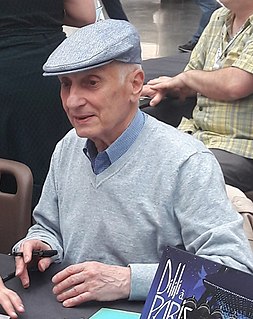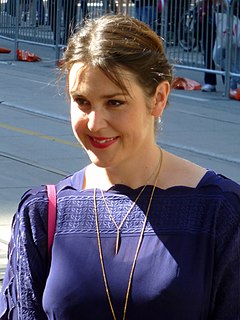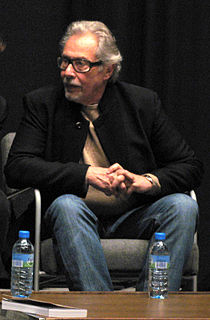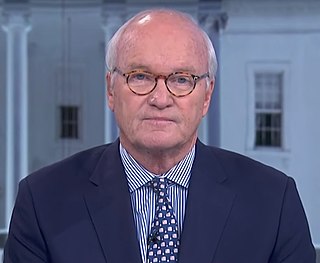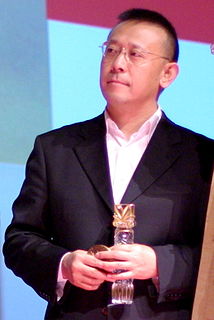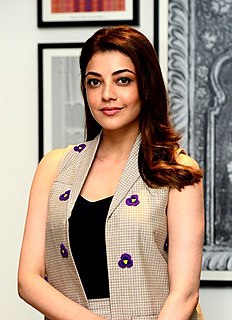A Quote by Michel Ocelot
The film industry needs to find a way to bring audiences to movie theaters. It's more of a technical trick than a revolution.
Related Quotes
The difference between this film [Your highness] and Pineapple Express was pretty much in the logistics of the technical ambition of the movie, and the size and scope of the movie. Pineapple Express was a great success, and that was something that we wanted to capitalize on, but we wanted this movie to be bigger, more adventuresome, bring a bigger audience to the movie, and challenge ourselves to do something new.
Photographers learn to interpret photographs in that technical way because they want to understand and use that 'language' themselves just as musicians learn a more technical musical language than the layman needs. Social scientists who want to work with visual materials will have to learn to approach them in this more studious and time-consuming way.
To me, a revolutionary film is not a film about a revolution. It has a lot more to do with the art form. It's a film that is revolting against the old established language of cinema that had been brainwashing the people for decades. It is a film that is trying to find ways to use sound and image differently.
I applied [to film school] figuring, "I need to find some structure for myself. I need to find a way to figure out what kind of filmmaker I want to be." And that is what film school provides you with. It'll teach you the basics of how a production works and the technical side of how to put everything together, but you could also learn that by working on film sets.
In the '50s, audiences accepted a level of artifice that the audiences in 1966 would chuckle at. And the audiences of 1978 would chuckle at what the audience of 1966 said was okay, too. The trick is to try to be way ahead of that curve, so they're not chuckling at your movies 20 years down the line.
At 3-D Imax theaters, audiences have shown they are willing to pay a premium to wear headgear fitted with liquid-crystal lenses synchronized via infrared signals with the movie projector, which runs at twice the normal frame rate. These movie viewers plumb new depths in depth perception - they experience extreme realism.
